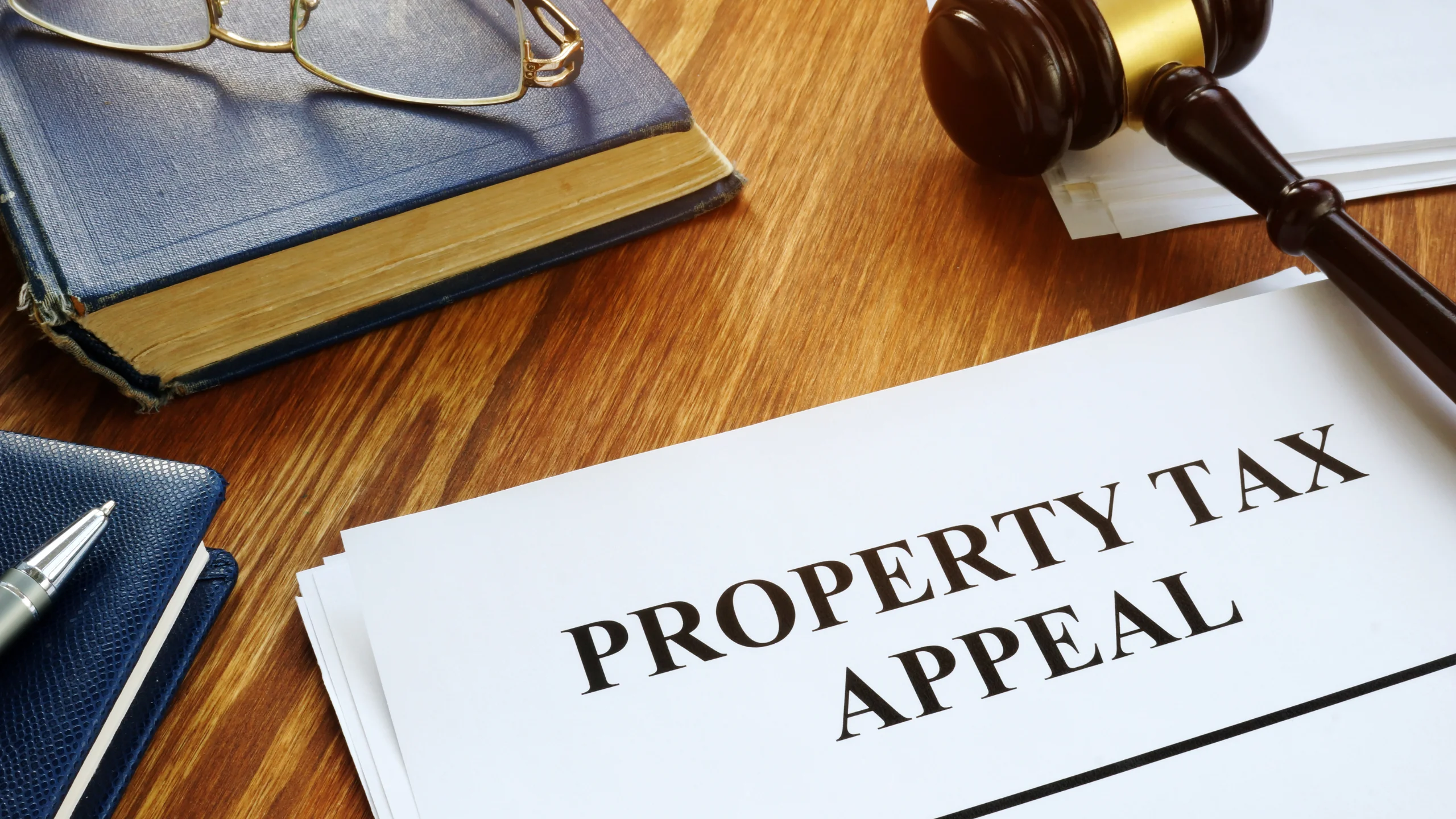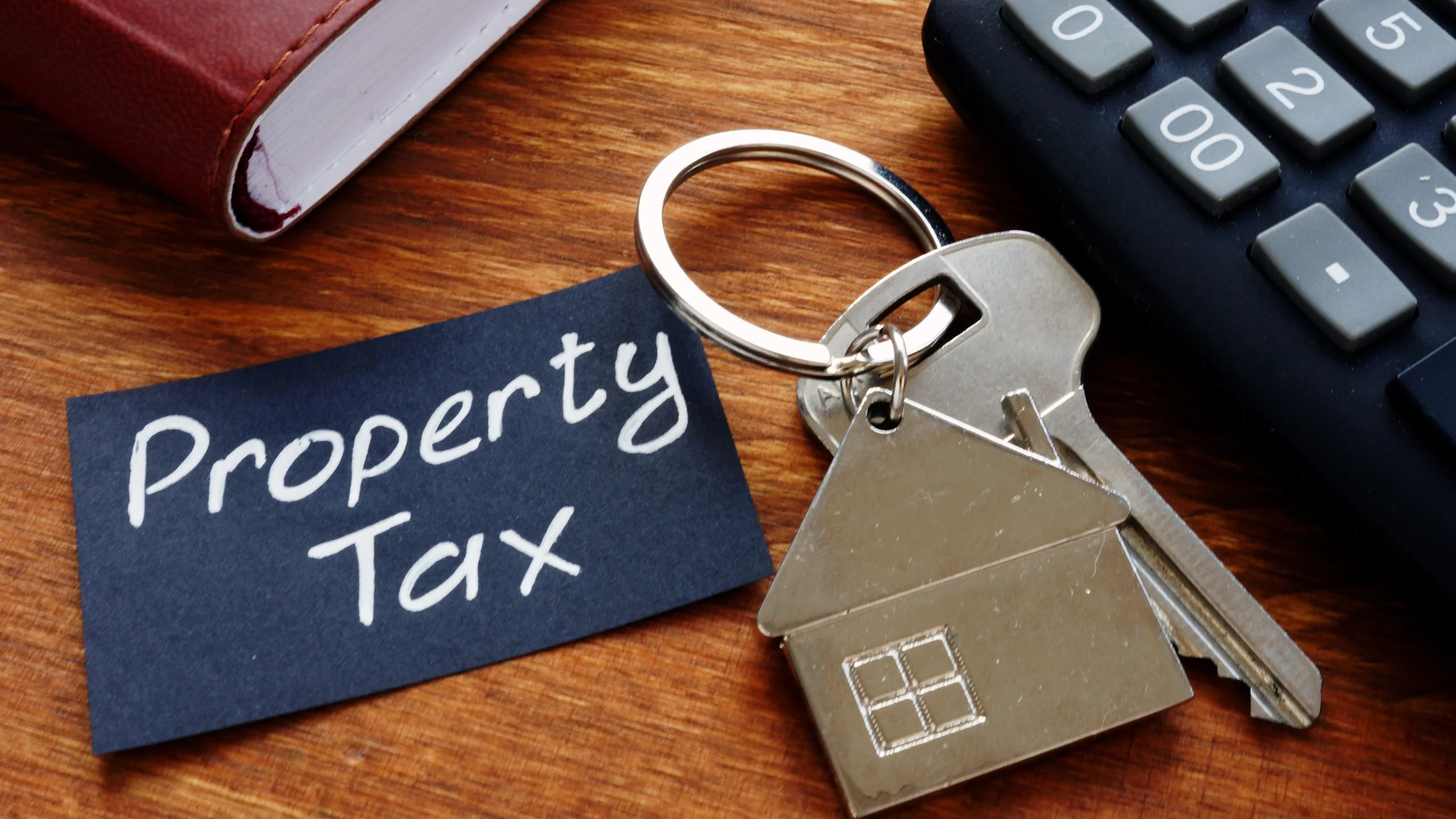Paying taxes isn’t anyone’s favorite task, but missing a deadline can turn a small bill into a big problem. I’ve seen friends scramble with late fees just because they didn’t know when their property taxes were due. So, let’s break this down in simple terms, so you never miss a due date again.
When Are Property Taxes Due
Real Estate Tax Due Dates
Most real estate taxes are billed twice a year, and the schedule rarely changes. Typically, local governments split the year into two halves and assign due dates around mid-January and mid-June. These are not random; they’re based on fiscal calendars and budget cycles for the city or county.
Each payment usually covers six months’ worth of property taxes. The first installment pays for the first half of the year, and the second installment covers the rest. Your property’s assessed value, multiplied by the local tax rate, determines the bill.
Now, let me share something personal. A few years ago, my cousin missed her first-half real estate tax payment. She thought it was annual, not semi-annual. By the time she caught it, there was a penalty and monthly interest added. It took a few months and a lot of unnecessary stress to get it all sorted. Ever since, she has kept both dates marked on her calendar. That’s why I always remind people: don’t assume it’s once a year. Always double-check.
Also, note that some counties send one annual bill with both installments listed, while others send separate notices. If you only got one, don’t wait for the second; it might not come.
Personal Property Tax Due Dates
If you own a car, motorcycle, trailer, or even certain types of machinery, chances are you’re also responsible for personal property taxes. Unlike real estate taxes, which are based on land and buildings, personal property taxes focus on movable items that hold value. Many people are caught off guard by these bills because they forget that vehicles aren’t just insured and registered, they’re also taxed.
What Personal Property Taxes Actually Cover
New Report Analyzes Variation in Effective Property Tax Rates Across U.S. States. Personal property taxes usually apply to vehicles, both personal and business-use, boats, and sometimes even mobile homes or equipment if you’re self-employed. The local government assesses these items based on their market value, typically using third-party guides like NADA or Kelley Blue Book. Then, a tax rate is applied to that value to determine how much you owe.New Report Analyzes Variation in Effective Property Tax Rates Across U.S. States
Now here’s the part people often miss: these taxes are separate from vehicle registration or insurance. Just because you’ve paid your DMV fees doesn’t mean you’re in the clear. Your personal property tax bill will come from a local tax office, not the motor vehicle department. And yes, you’re required to pay both.
When to Expect the Bill
Most localities issue personal property tax bills once a year, usually in the spring, with a due date falling around early June. The exact date may differ slightly from place to place, but June 5 is a common deadline used in several areas. If you’re new to paying this tax, keep in mind that your bill might not arrive in the mail if your address is outdated or if your vehicle is recently registered.
If you don’t receive a bill, it doesn’t mean you’re off the hook. You’re still responsible for paying by the deadline. This is where many people unintentionally fall behind. It’s always smart to call your local tax office or check online if you’re unsure whether a bill was issued in your name.
Why It’s Easy to Miss, And What Happens If You Do
One of the biggest reasons people miss personal property tax due dates is that they assume it’s handled during their vehicle registration. This misunderstanding can lead to late fees, interest charges, and even problems renewing your vehicle registration. In some cases, unpaid personal property taxes can result in a hold on your vehicle registration or even lead to collections if ignored long enough.
If you’re ever unsure whether your vehicle is taxed properly, check with your local Department of Finance or Treasurer’s Office. They can pull up your account using your license plate or vehicle identification number (VIN) and give you the exact amount owed and the due date.
How to Stay Ahead
The easiest way to avoid problems is to mark your personal property tax due date on a calendar the same way you’d remember a credit card payment or utility bill. Some localities offer e-billing, email reminders, or even text alerts. If that’s available to you, sign up. Also, keep your vehicle records updated, especially your address, so you never miss a mailed bill.
Personal property tax may seem like a small thing, but forgetting it can snowball into a mess. Make it a habit to check every spring and plan for it like any other annual expense. It’s just one of those adult responsibilities that gets a lot easier when you stay ahead of it.
How to Pay Your Taxes
Paying your property taxes isn’t complicated, but the process can vary a bit depending on how your local government handles billing. Some people prefer doing it online, while others still like writing a check and mailing it in. Either way, what matters is that the payment is made on time and in full to avoid penalties.
Online Payment Options
Most local tax offices offer a secure online portal where you can pay using a credit card, debit card, or electronic check. This is usually the fastest and most convenient option. Some platforms also let you schedule future payments or set up reminders, which I always recommend if you tend to forget due dates.
- Go to your local tax authority’s website
- Look for the “Pay My Bill” or “Online Services” section
- Enter your account number or property ID
- Choose your payment method and confirm
Keep in mind, card payments may include a small processing fee, while e-checks are often free.
Paying by Mail
If you prefer sending a check, you can still mail your payment the traditional way. Just make sure to include your account number on the check and mail it well before the due date. Postmarks are usually accepted as proof of on-time payment, but it’s always better to play it safe.
- Write your check payable to the local Treasurer
- Include your tax stub or a note with your account number
- Send it to the correct mailing address listed on your bill
In-Person Payments
If you’re someone who likes the security of handing it over directly, most city halls or tax offices have walk-in counters where you can pay in person. You might even find a drop box outside that accepts payments 24/7, especially during peak season.
- Bring your bill and a valid ID
- Accepted payments usually include cash, check, or card
- Ask for a printed receipt for your records
Common Payment Methods Table
| Method | Speed | Fees | Good For |
| Online (e-check) | Fast | Usually free | Most convenient, trackable |
| Online (card) | Fast | Small fee | Quick pay, less paperwork |
| Slower | No fee | Paper trail, traditional | |
| In-person | Varies | No fee | Walk-ins, peace of mind |
Being proactive with how you pay makes all the difference. A smooth payment process now means no stress (or fines) later.
Late Payments, Penalties, and Interest
Missing a property tax deadline can cost you more than just a bit of frustration. When taxes aren’t paid on time, your local government may apply penalties, interest, and sometimes even take legal action to collect the amount owed. It’s not meant to punish; it’s just how the system keeps revenue flowing for schools, emergency services, and public projects.
What Happens If You’re Late
If your payment is even one day late, your tax account is marked delinquent. From that point, interest and penalties start to stack up until the balance is cleared.
- Penalty: A flat percentage (often around 10%) is added immediately after the due date.
- Interest: Monthly interest starts accumulating on the unpaid balance, usually around 0.5% to 1% per month.
- Ongoing Fees: Some localities add administrative or collection fees over time if the tax remains unpaid.
This means that all missed bills can quickly become a large, nagging issue.
Consequences of Continued Nonpayment
Letting property taxes go unpaid for too long can trigger more serious consequences.
- Vehicle-related taxes: Your DMV registration may be blocked until the debt is cleared.
- Real estate taxes: Long-term nonpayment may lead to a tax lien on your property, or even a tax sale in some cases.
- Credit impact: Some jurisdictions send unpaid debts to collection agencies, which can impact your credit score.
Most people don’t realize how fast this can snowball. That’s why I always tell my friends, if money’s tight, call the tax office immediately instead of ignoring the bill.
Can You Avoid Penalties?
Yes, but only under certain conditions. Some localities offer grace periods of a few days or allow for penalty waivers in special situations like medical emergencies, natural disasters, or first-time errors. You’ll need to contact your tax office and often provide proof.
Also, some places allow partial payments to reduce the interest build-up. It’s not ideal, but it’s better than doing nothing.
So, if you know a due date is coming and you can’t pay it all, it’s always better to communicate early and explore your options. Most local offices would rather work with you than against you.
Contacting the Department of Finance
Sometimes, even when you’ve done everything right, you still end up with questions. Maybe your tax bill didn’t arrive. Maybe the amount seems too high. Or maybe you’re not sure if your payment went through. That’s where your local Department of Finance comes in; they’re the main point of contact for anything related to property taxes.
How to Reach Out
The best way to get quick answers is by calling the finance office directly. Most tax departments have dedicated phone lines for real estate and personal property taxes. If phone support is slow, you can usually email them or use a contact form on their website. When reaching out, always have your property ID number or vehicle plate number ready. It speeds up the process and ensures you’re talking about the correct account.
If you prefer face-to-face interaction, you can also visit the office in person. Many finance offices are located inside city or county buildings, and they usually offer walk-in hours during weekdays. Some even have extended hours close to tax deadlines to help more residents get assistance on time.
What They Can Help You With
The finance department handles everything from issuing duplicate bills to explaining confusing charges. If you think your assessment is wrong, they can guide you on how to file a formal appeal. They also manage exemptions, such as tax relief for seniors, veterans, or low-income households. If you qualify, they’ll help you apply or connect you with the right forms and deadlines.
In addition, if you’ve made a payment but it hasn’t posted yet, they can verify it and update your account. Sometimes, delays happen with mailed checks or online systems, and a quick call can clear up any misunderstandings.
Why It’s Worth the Call
I always tell people that no one likes dealing with government offices, but when it comes to your taxes, a 10-minute phone call can save you hundreds in fees or penalties. Finance offices exist to serve the public, and they usually have access to systems and solutions that you can’t get through automated services. Whether you’re facing a deadline or just double-checking details, don’t hesitate to reach out.
Being proactive and asking questions is one of the best ways to stay on top of your property tax responsibilities. Even a small clarification can make a big difference.
Frequently Missed Tax Dates and How to Remember Them

One of the most common reasons people get into trouble with property taxes is simply forgetting the due dates. With everything else going on, bills, work, and family, it’s easy for these payments to slip through the cracks. But unlike a late credit card payment, forgetting your tax bill can lead to serious long-term issues like fees, interest, and even legal trouble.
That’s why I always recommend setting reminders the same way you would for birthdays or loan payments. Use a calendar app, set recurring phone alerts, or even write them on a sticky note by your desk. If your local tax office offers email or text reminders, take advantage of them. The small step of staying ahead makes a big difference in staying stress-free.
Important Tax Dates to Remember
Here’s a quick overview of the most common tax deadlines to help you keep everything straight:
| Tax Type | Due Date | Frequency |
| Real Estate – 1st Half | January 14 | Twice a year |
| Real Estate – 2nd Half | June 14 | Twice a year |
| Personal Property Tax | June 5 | Once a year |
These aren’t just dates; they’re checkpoints to help you stay financially secure. Keeping track of them ensures you avoid late fees, credit hits, or worse. I’ve helped friends set up shared family calendars to track tax deadlines, and it’s made life a whole lot easier for them. A little planning now goes a long way later.
Final Thoughts
Staying on top of property tax due dates isn’t just about avoiding fees; it’s about keeping your finances in order and your peace of mind intact. Whether it’s real estate or personal property, knowing when and how to pay gives you control. Mark your calendar, set a reminder, and if you’re ever unsure, just ask. Trust me, it’s always better to handle it early than to clean up a mess later.
Need Help Navigating Property Taxes or Real Estate in Richmond, VA?
If you’re feeling unsure about your property taxes, or you’re planning to buy or sell a home, you’re not alone. My friends at Buy & Sell Richmond specialize in helping homeowners across Richmond, VA stay informed, prepared, and confident with every step.
Whether it’s managing tax deadlines or understanding your home’s value, they’ve got the experience and local know-how to guide you.
Check out their full list of services right here and get the help you deserve today.
Frequently Asked Questions (FAQ)
What if I didn’t receive my property tax bill?
You’re still responsible for paying it by the due date. Tax offices don’t always resend bills, especially if your mailing address isn’t updated. Call or check your local tax portal to request a duplicate or verify your balance.
Can I pay my property taxes in installments?
Some local governments allow partial payments, especially if you’re struggling financially. While this won’t stop interest from adding up, it can reduce the total penalty burden. Always ask your finance office about installment options.
Do I have to pay personal property tax if my car isn’t working or I’m not using it?
Yes, in most cases. As long as the vehicle is registered, it’s taxable, even if it’s not being driven. You may need to officially declare it as non-operational to be exempt.
How do I dispute a property tax assessment?
You can usually appeal by submitting a formal request through your tax office. This includes documents showing why you believe the value is incorrect, like photos, appraisals, or market data. Deadlines to appeal are strict, so don’t delay.
What is the vehicle license fee, and is it the same as personal property tax?
No, they’re different. The vehicle license fee is a fixed charge for registering your car, while the personal property tax is based on your car’s value. Both are typically due around the same time but billed separately.
If you’ve got more questions, it’s always better to call than to guess. Tax offices are there to help, and getting clear answers upfront saves you from stress later on.


